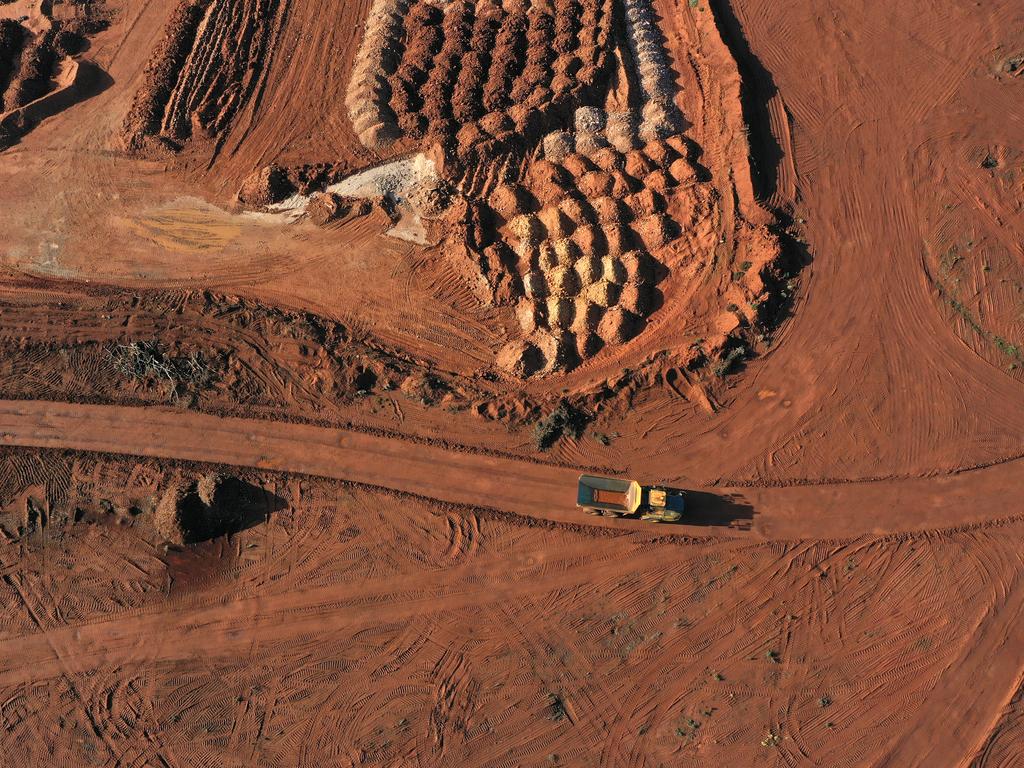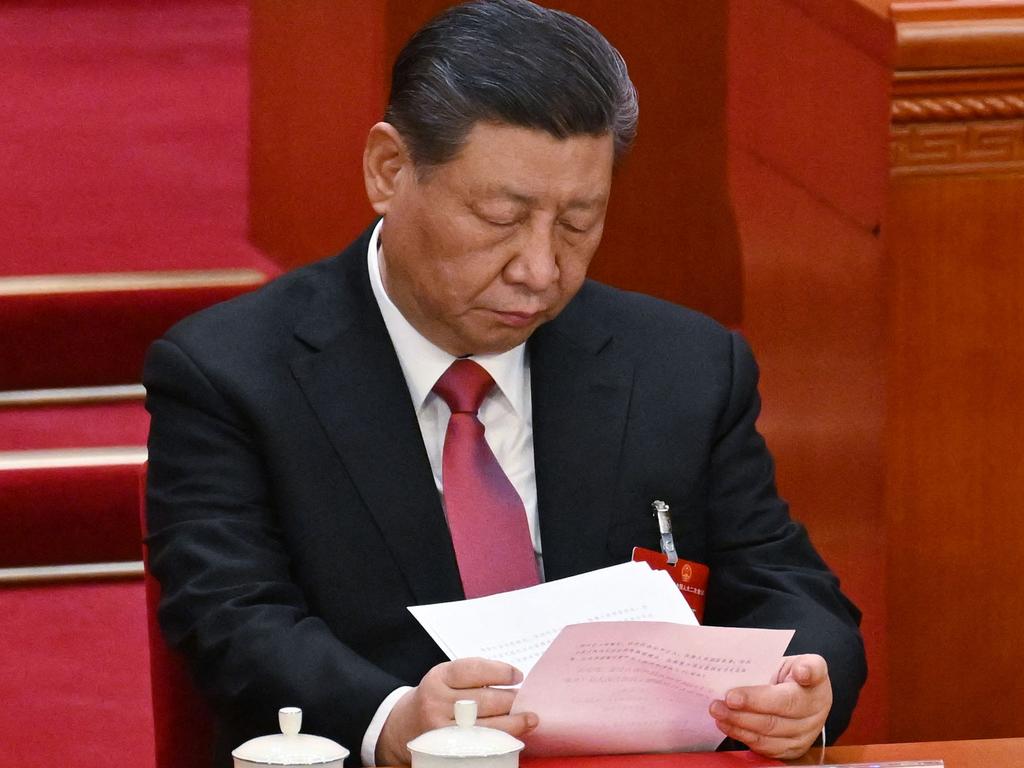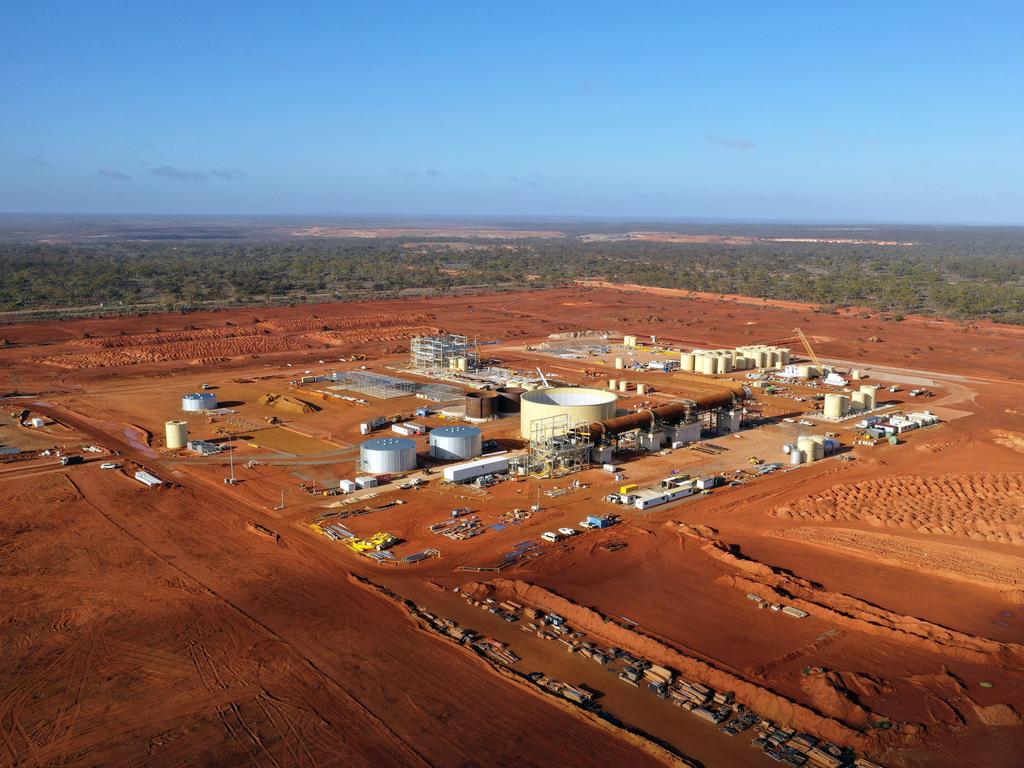‘Major milestone’: Aussie company makes big breakthrough in China-dominated market
An Australian company has made a global breakthrough that analysts claim to be a key step in diversifying a supply chain long dominated by China.
An Australian company has made a global breakthrough in producing heavy rare earth elements outside China, a move analysts say is a key step in diversifying a supply chain long dominated by Beijing.
Lynas Rare Earths announced it has successfully produced dysprosium oxide at its Malaysian facility. It marks the first time the element has been commercially separated outside China.
The company also plans to refine terbium, another heavy rare earth, at the same site in the coming weeks.
Experts have described the development as significant but warn it highlights the broader challenges in building an alternative supply chain for materials critical to electric vehicles and renewable energy technologies.
Rare earth elements (REEs) include 17 metals used in a range of applications, from smartphones and LED lights to electric vehicle motors and guided missiles. Neodymium and dysprosium are vital to the production of powerful permanent magnets used in wind turbines and EV batteries.
Despite their name, rare earths are relatively common in the Earth’s crust, but are rarely found in concentrations that are economical to extract.
Heavy rare earths like dysprosium and terbium are less abundant and typically more valuable than light rare earths.
China currently dominates the rare earths sector, accounting for over 60 per cent of mining output and 92 per cent of refined supply globally, according to the International Energy Agency.

By producing dysprosium oxide in Malaysia, Lynas has become the only commercial producer of separated heavy rare earths outside China. The company did not disclose how much dysprosium was refined.
“This is a major milestone,” said Neha Mukherjee, senior analyst at Benchmark Mineral Intelligence.
“The Lynas development marks a real and timely shift, though it doesn’t eliminate the need for broader, global diversification efforts.”
The announcement comes amid trade tensions between China and the United States, with export controls and permit delays creating uncertainty in global rare earth markets.

President of Stormcrow Capital Jon Hykawy warned that the achievement should be kept in perspective.
“The ore mined by Lynas contains relatively little of the heavy rare earths, so their produced tonnages can’t be that large,” he said. “Lynas can make terbium and dysprosium, but not enough, and more is needed.”
China’s dominance of rare earths is largely due to long-standing industrial policy, which generally involves low-cost, environmentally damaging extraction methods.
China’s practices are harder to replicate in countries with stricter environmental regulations.

“Production is more expensive, so they need prices to increase to make any seriously interesting profits,” Hykawy said.
Mukherjee added that price pressure remains a significant barrier.
“Prices have not supported new project development for over a year,” she said. “Most non-Chinese projects would struggle to break even at current price levels.”
Lynas has commissioned additional capacity at its Malaysian facility, which is designed to produce up to 1,500 tonnes of heavy rare earths annually.
If focused on dysprosium and terbium, that could represent roughly a third of global production.
The company is also building a processing plant in Texas, although rising costs have raised questions about its viability.



